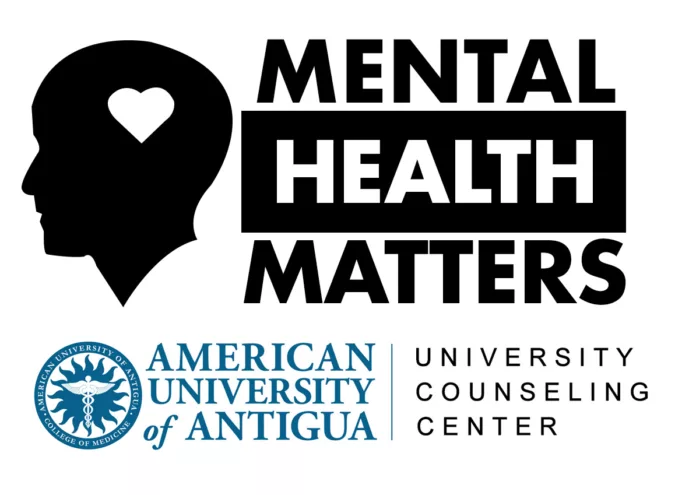Sleep awareness is a term that refers to the understanding and recognition of the importance of sleep for overall health and well-being. It encompasses knowledge about the various aspects of sleep, including its physiological and psychological processes, sleep disorders, and the impact of sleep on physical and mental health.
Here are some key points related to sleep awareness:
Importance of Sleep: Sleep is essential for various bodily functions, including cognitive functioning, memory consolidation, physical recovery, and emotional regulation. A lack of sleep can lead to a wide range of health issues, both in the short term and long term.
Sleep Cycles: Sleep is not a uniform state but consists of different sleep cycles, including Rapid Eye Movement (REM) and Non-Rapid Eye Movement (NREM) stages. Understanding these cycles helps in comprehending the sleep process.
Sleep Disorders: Sleep awareness involves knowledge of common sleep disorders such as insomnia, sleep apnea, restless leg syndrome, narcolepsy, and parasomnia. Recognizing the signs and symptoms of these disorders is crucial for early diagnosis and treatment.
Sleep Hygiene: Sleep hygiene refers to healthy sleep habits and practices that promote restful and quality sleep. It includes maintaining a consistent sleep schedule, creating a comfortable sleep environment, and avoiding stimulants like caffeine and electronic devices before bedtime.
To further discuss the impact of sleep deprivation, an awareness of the consequences of sleep deprivation is vital. It can lead to impaired concentration, mood disturbances, increased risk of accidents, and long-term health problems such as obesity, diabetes, and cardiovascular diseases.
Mental Health and Sleep: Understanding the bidirectional relationship between sleep and mental health is essential. Sleep problems can contribute to mental health issues like anxiety and depression, and conversely, mental health conditions can lead to sleep disturbances.
Children and Sleep: Educating parents and caregivers about the importance of good sleep habits for children is crucial for the healthy development of youngsters.
Shift Work and Sleep: Awareness of the challenges faced by individuals who work irregular hours or night shifts and the strategies they can use to manage their sleep patterns is important.
Public Health Initiatives: Many organizations and health agencies promote sleep awareness through public health campaigns. These initiatives aim to raise awareness about the importance of sleep and provide resources for improving sleep quality.
Treatment and Interventions: Awareness of the available treatments and interventions for sleep disorders, such as cognitive-behavioral therapy for insomnia (CBT-I) or medical treatments for sleep apnea, can help individuals seek appropriate help when needed.
Improving sleep awareness is essential for individuals to prioritize and manage their sleep health effectively. Adequate and restorative sleep is a fundamental component of a healthy lifestyle, and understanding its significance can lead to improved overall well-being.

